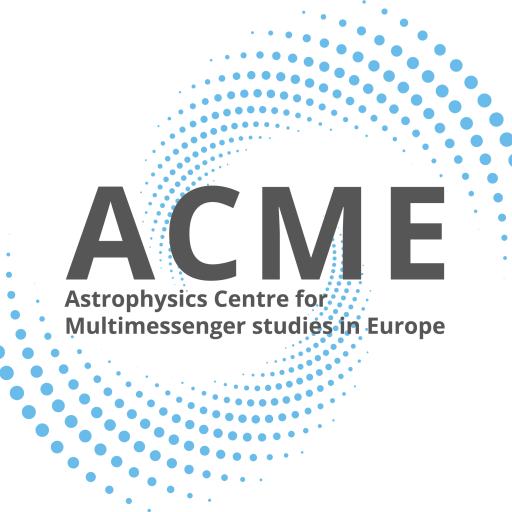lisabeta is a numerical simulation code designed to model the performance of the Laser Interferometer Space Antenna (LISA), a planned space-based gravitational wave observatory. The code simulates the response of LISA to various gravitational wave sources by incorporating realistic models of the spacecraft, the laser links, orbital dynamics, and noise contributions. It enables researchers to test data analysis algorithms, assess the instrument’s sensitivity, and evaluate mission design scenarios. By generating synthetic data streams, LISAbeta helps in understanding how LISA will detect and characterize gravitational waves from sources like merging black holes, stellar-mass black holes, and galactic binaries.
Key features
- LISA Instrument Response Simulation: Accurately models the time-delay interferometry (TDI) response of the LISA detector to gravitational waves in the time domain and Fourier domain.
- Flexible Source Modeling: Supports a variety of gravitational wave sources, including massive black hole binaries, galactic binaries, and stellar-mass black holes.
- Spacecraft Orbit Modeling: Includes realistic modeling of LISA’s spacecraft orbits and their evolution over time.
- Noise Modeling: Incorporates different noise sources, instrumental noise as well as confusion noise from galactic binaries.
- Data Stream Generation: Produces synthetic LISA data streams in standard formats for use in analysis pipelines.
- Support for TDI Channels: Implements multiple TDI observables (e.g., X, Y, Z, A, E, T) for optimal signal extraction and noise suppression.
- Integration with Data Analysis Tools: Designed to interface with LISA data analysis frameworks for testing detection and parameter estimation algorithms.
Use cases
LISAbeta’s primary use case is to support the development, validation, and optimization of data analysis methods for the LISA mission. It does this by simulating realistic LISA detector responses to gravitational wave signals and noise, enabling researchers to:
- Generate synthetic LISA data for a wide variety of gravitational wave sources.
- Test and benchmark detection algorithms (e.g., matched filtering, F-statistic).
- Test and benchmark parameter esimation tools (e.g., Fisher matrix, Bayesian inference).
- Evaluate instrument sensitivity and performance for different mission configurations or source populations.
- Support mission planning and design by simulating the scientific yield and technical requirements of the LISA observatory.
